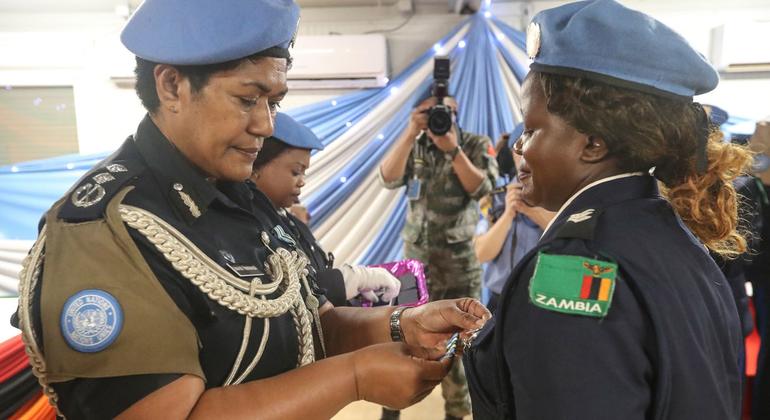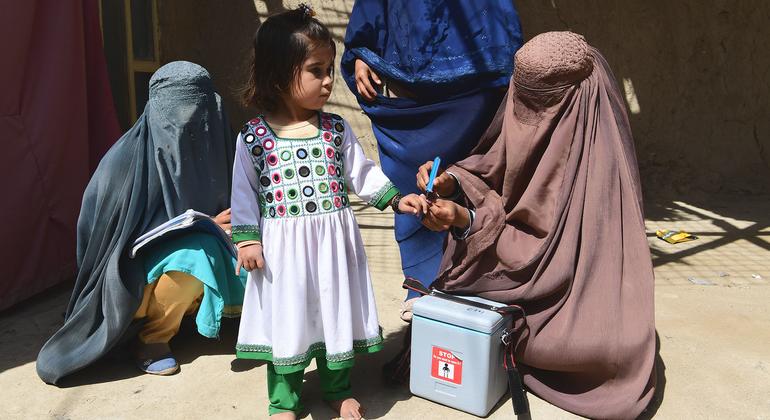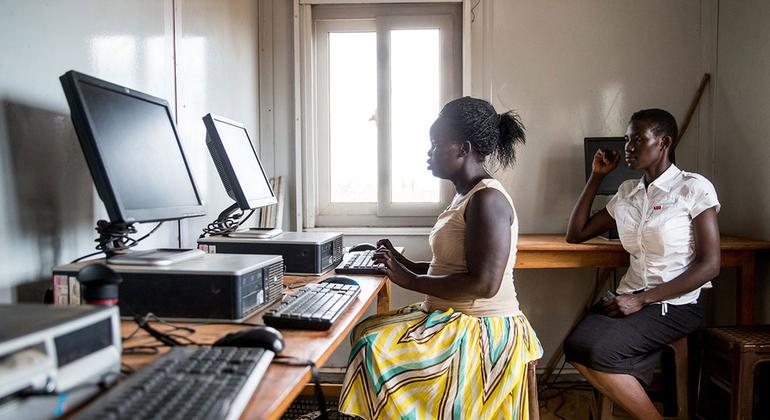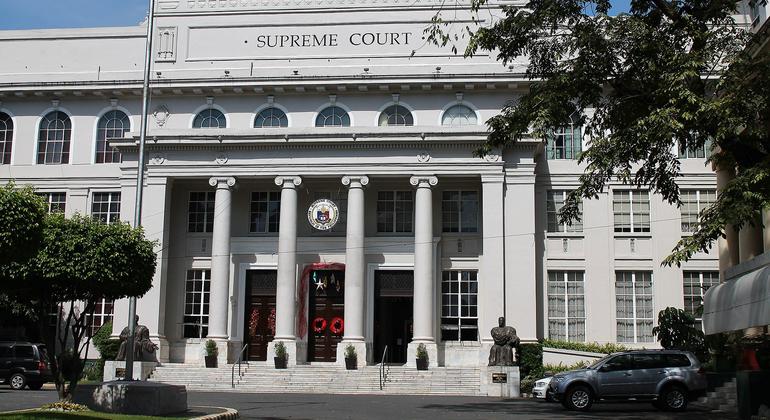Zambia: New grant gives boost to women peacekeepers

[ad_1]

“My Command appreciates the recognition of female officers as a catalyst of systematic change within the Zambia Police Service,” said the Inspector General of Police Lemmy Kajoba. “We take very seriously our role in driving policy reforms, ensuring gender mainstreaming and accountability for gender equality and women’s empowerment within our institution.”
Rostering more female officers
The new project aims to help overcome existing gender barriers to women’s participation in UN peace operations, supported by a $932,072 grant from the Elsie Initiative Fund for Uniformed Women in Peace Operations and in line with Security Council efforts, including its landmark resolution 1325 (2000).
The Zambia project envisions creating a roster of more than 100 women eligible to deploy as peacekeepers.
Established by Canada in 2019 to level the peacekeeping playing field and help to meet UN gender parity targets, the fund partners with national authorities and UN operations in the field.
The partners work with the UN Development Programme (UNDP), which is implementing a range of projects, including the one in Zambia.
Bringing down barriers
To address low numbers of women in uniformed peacekeeping, the UN Uniformed Gender Parity Strategy for 2018 to 2028 has set a series of benchmarks.
By 2028, the goal is to reach the following markers: 15 per cent female military peacekeepers in troop contingents, 20 per cent female police in formed police units, 25 per cent female military observers and staff officers, and 30 per cent individual police officers.
Tracking progress, UN Police keeps monthly gender data, including numbers of female officers in peace operations.
A top contributor of uniformed personnel to UN peacekeeping, Zambia was among seven countries that piloted an assessment study in 2020 to identify barriers.
Findings showed a lack of suitable lodging for women officers and of available information on deployments. The assessment also found that women face more household and community constraints than men, such as parental responsibilities and social stigma.
Building to overcome barriers
The new grant aims at tackling these challenges. On schedule is construction of a new facility to accommodate 40 female officers and a daycare centre for 15 children, easing women officers’ entry in training exercises.
The national police service will also train and expand its network of regional focal points to systematically disseminate deployment-related information, particularly in rural and remote areas.
Also planned is developing an anti-sexual harassment, exploitation and abuse policy, and the roll out of related training and gender-mainstreaming workshops to senior Zambian police personnel.
Recent strides
These forward steps follow Zambia’s recent strides in promoting women’s rights and ensuring a level playfield in peace and security. The Government of Zambia revised a national gender policy in 2014 and a year later enacted the Gender Equality Act.
Zambia, UNDP and Canada are now working together to develop a tailored gender policy for the national police service.
Committed to ensuring the sustainability of these project outcomes, the Zambia Police Service has committed to ensure that gender-related training is institutionalized within the training curriculum, and to continue to fund, train, and prepare police officers, in particular women, for deployment to UN peace operations.
A project oversight committee, co-chaired by senior Zambia Police Service and UNDP representatives, will provide strategic guidance to ensure progress.
Supporting similar pilot projects in Ghana and Senegal, the Elsie Fund has also issued grants to the UN Multidimensional Integrated Stabilization Mission in Mali (MINUSMA) and UN Interim Force in Lebanon (UNIFIL).
Named after Elsie MacGill, Canada’s first female aeronautical engineer, who led the national production of Hawker Hurricane fighter planes during the Second World War, the fund has supported projects in 16 countries and UN peacekeeping missions.
[ad_2]




